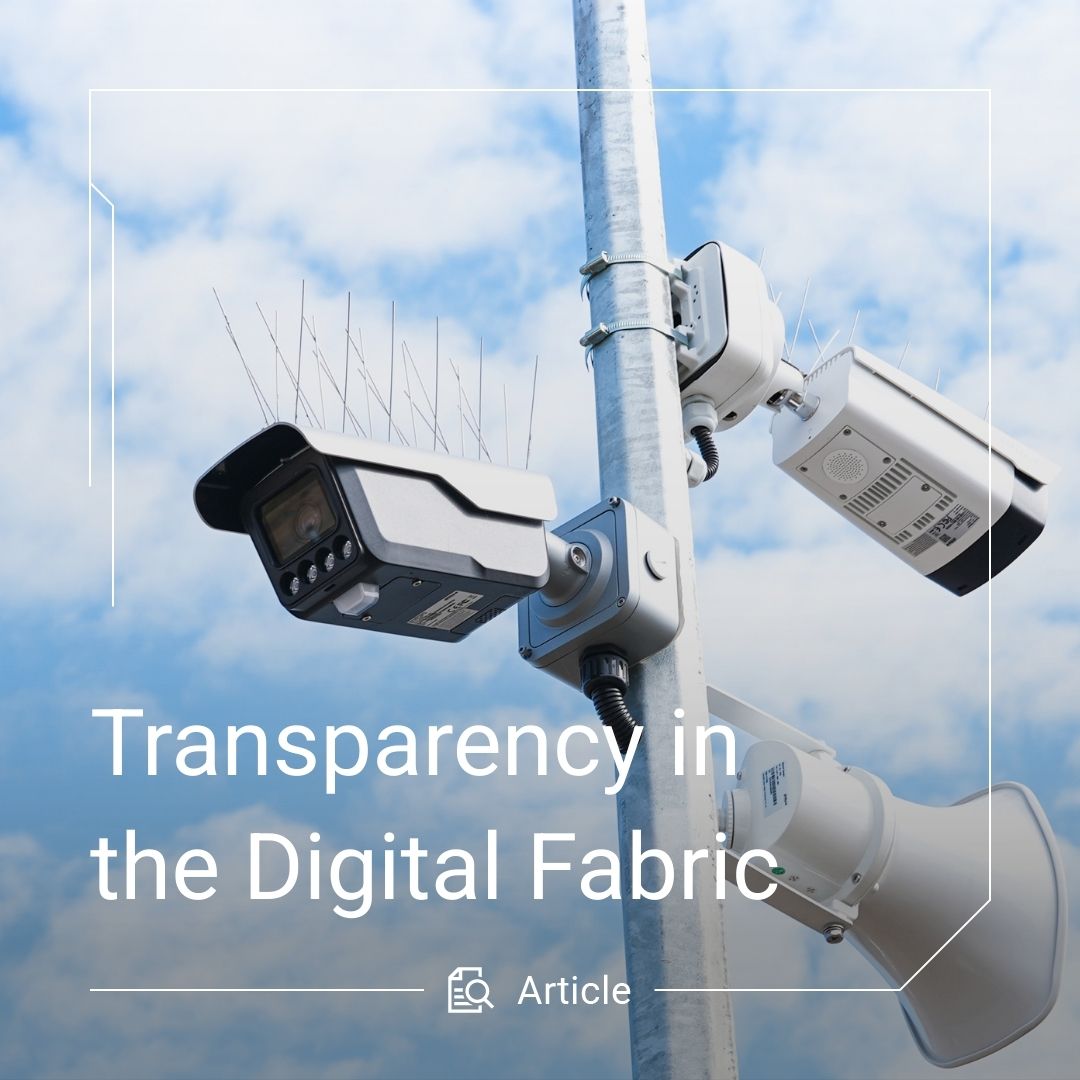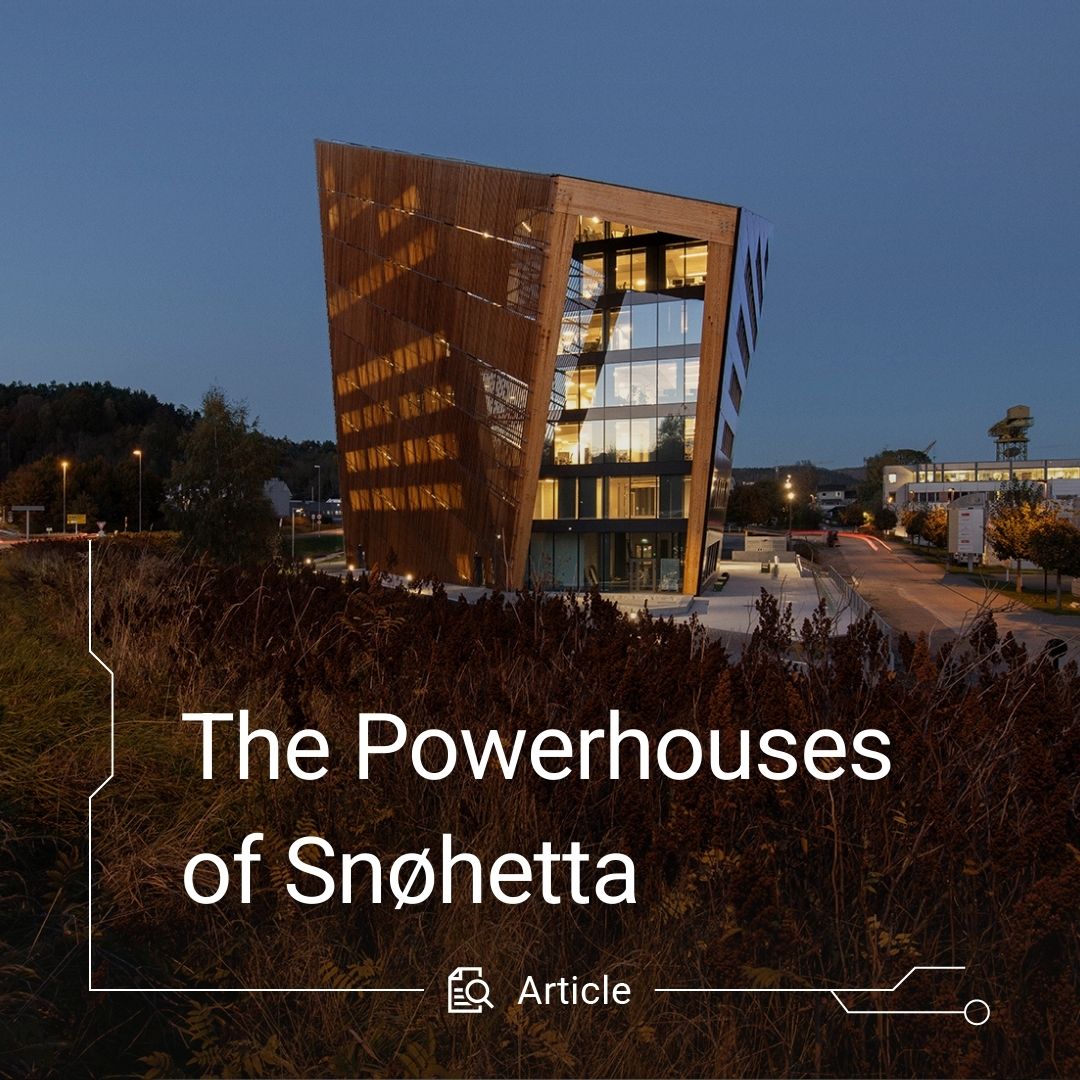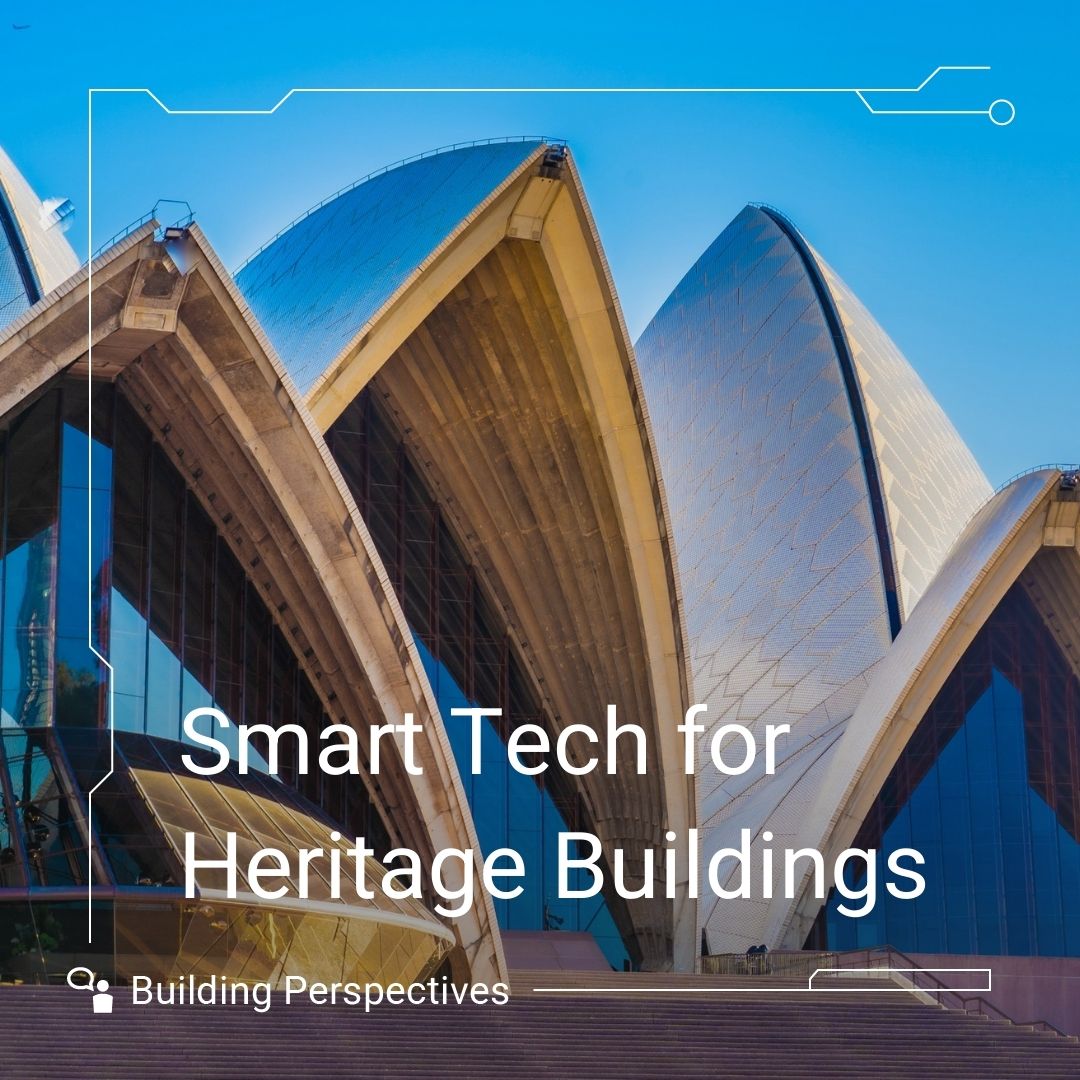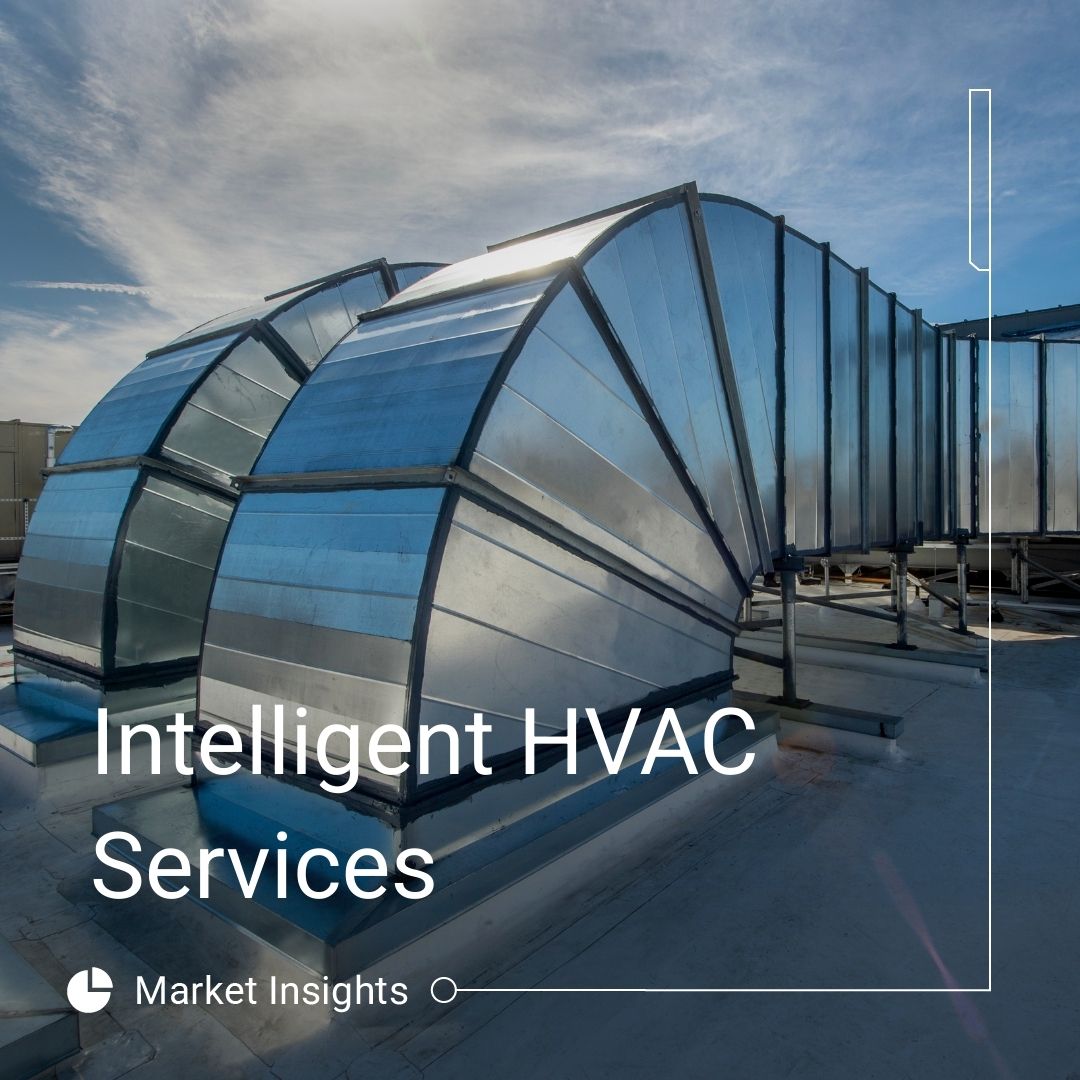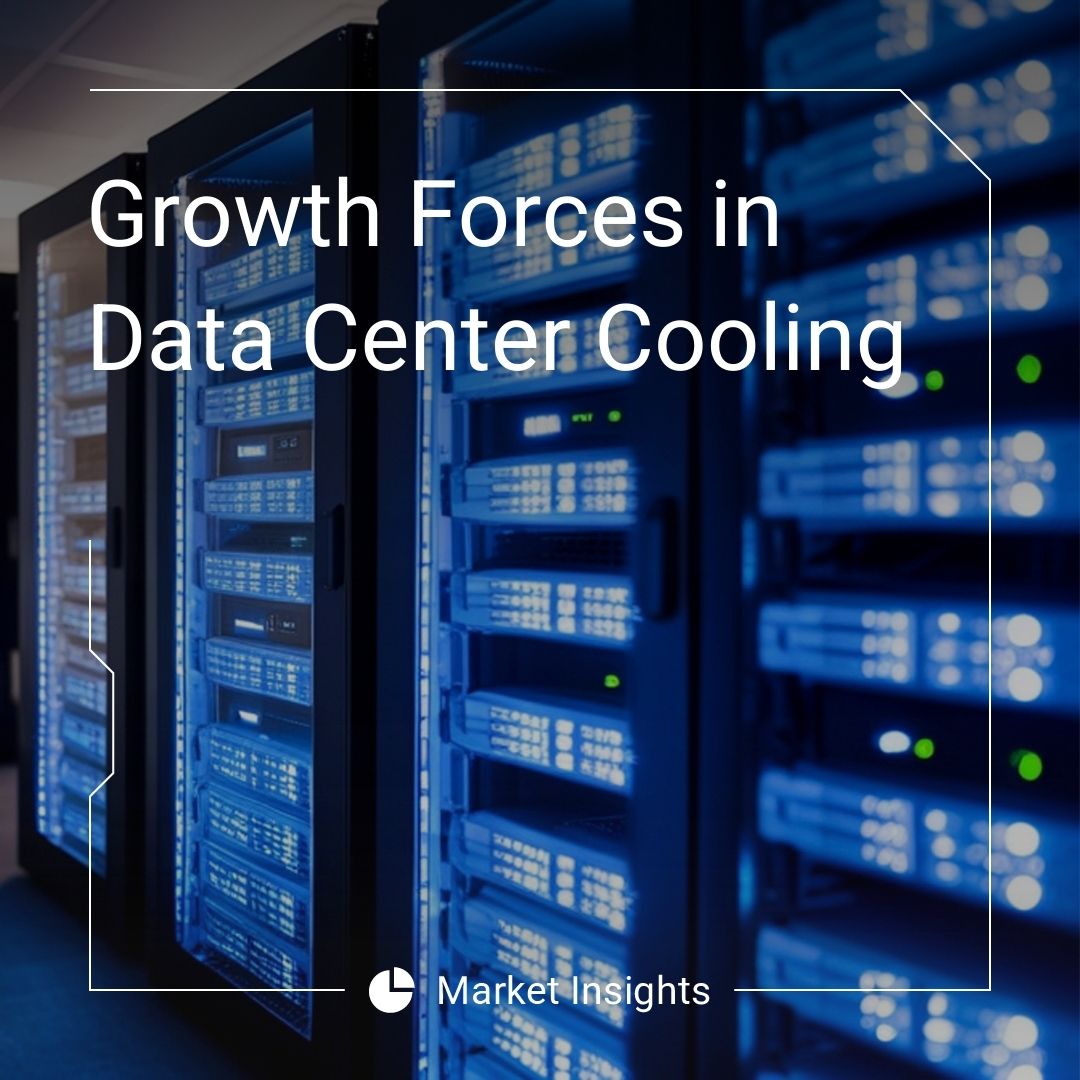In smart buildings, smart metering technology continuously measures and stores the data of both consumed and generated electrical energy. This real-time data serves as the digital heart of the building, enabling optimal control and coordination of all components. The collected data can be analyzed, visualized, and transmitted to third parties.
How smart metering works in smart buildings:
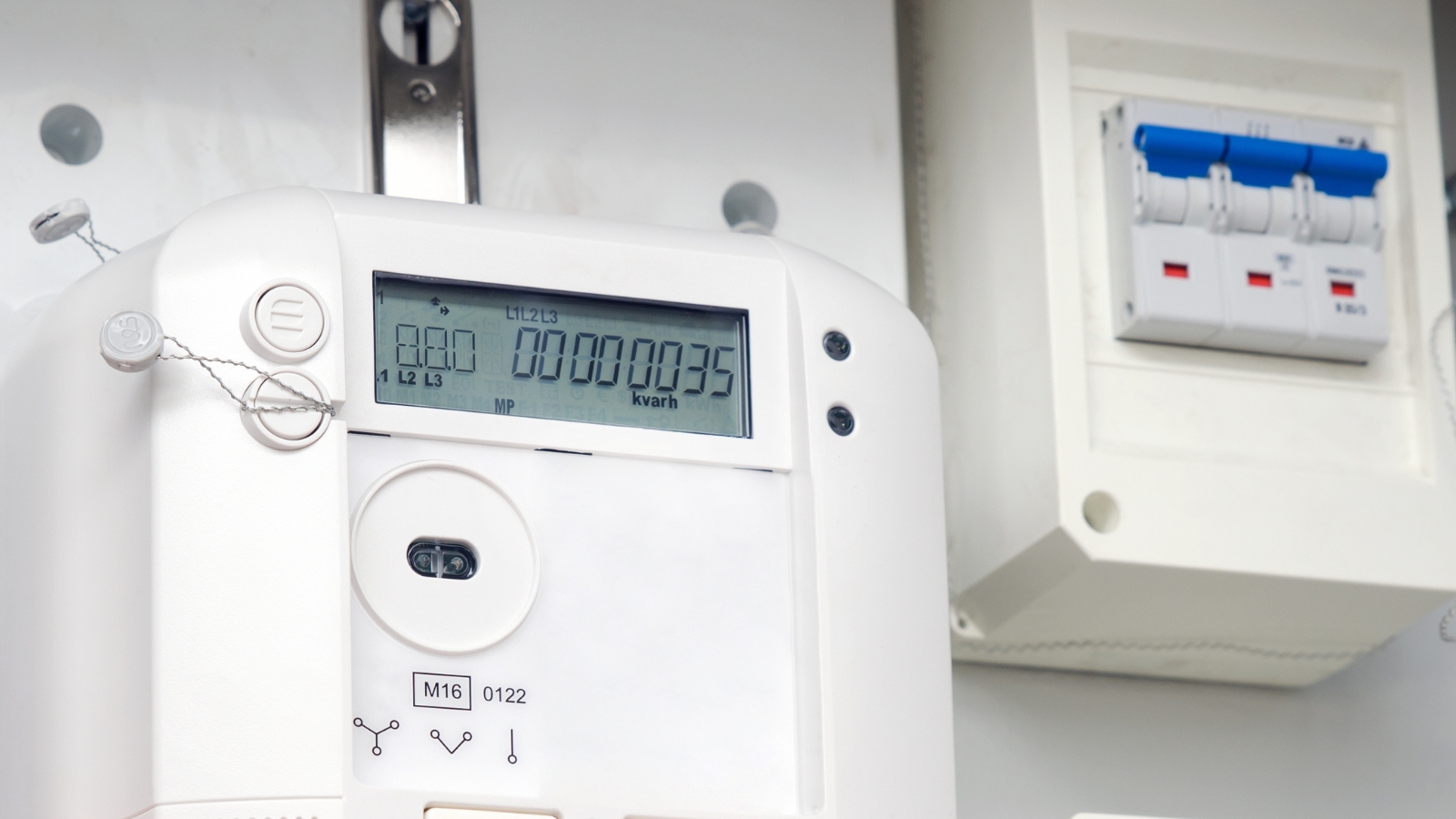
- Continuous monitoring: Smart meters collect energy consumption data at regular intervals, providing a detailed picture of energy usage patterns.
- Data analysis: Advanced analytics tools can identify energy consumption trends, anomalies, and opportunities for optimization.
- Integration with building systems: Smart meters can be integrated with other building systems, such as HVAC, lighting, and security, to enable more efficient operations.
- Remote access: Building owners and managers can access energy data remotely, allowing for real-time monitoring and control.
Applications of smart metering data:
- Demand response: Smart meters can enable buildings to participate in demand response programs, reducing peak demand and lowering energy costs.
- Renewable energy integration: Smart metering can facilitate the integration of renewable energy sources, such as solar panels, into the building's energy system.
- Occupancy-based control: Smart meters can be used to adjust energy consumption based on occupancy levels.
- Fault detection and diagnosis: Smart metering data can help to identify equipment failures and optimize maintenance schedules.
Future of smart metering
The future of smart metering is bright, with ongoing advancements in technology and increasing adoption rates. As buildings become more connected and intelligent, smart metering will play an even more critical role in achieving sustainable and efficient operations.
Potential future developments include:
- Integration with artificial intelligence: AI-powered analytics can uncover even more insights from smart metering data.
- Edge computing: Processing data at the edge of the network can improve response times and reduce data transmission costs.
- Blockchain technology: Blockchain can be used to ensure the security and transparency of energy transactions.
Smart metering is a cornerstone of smart buildings, providing valuable data that can be used to optimize energy consumption, reduce costs, and enhance sustainability. As technology continues to evolve, we can expect to see even more innovative applications of smart metering in the built environment.
